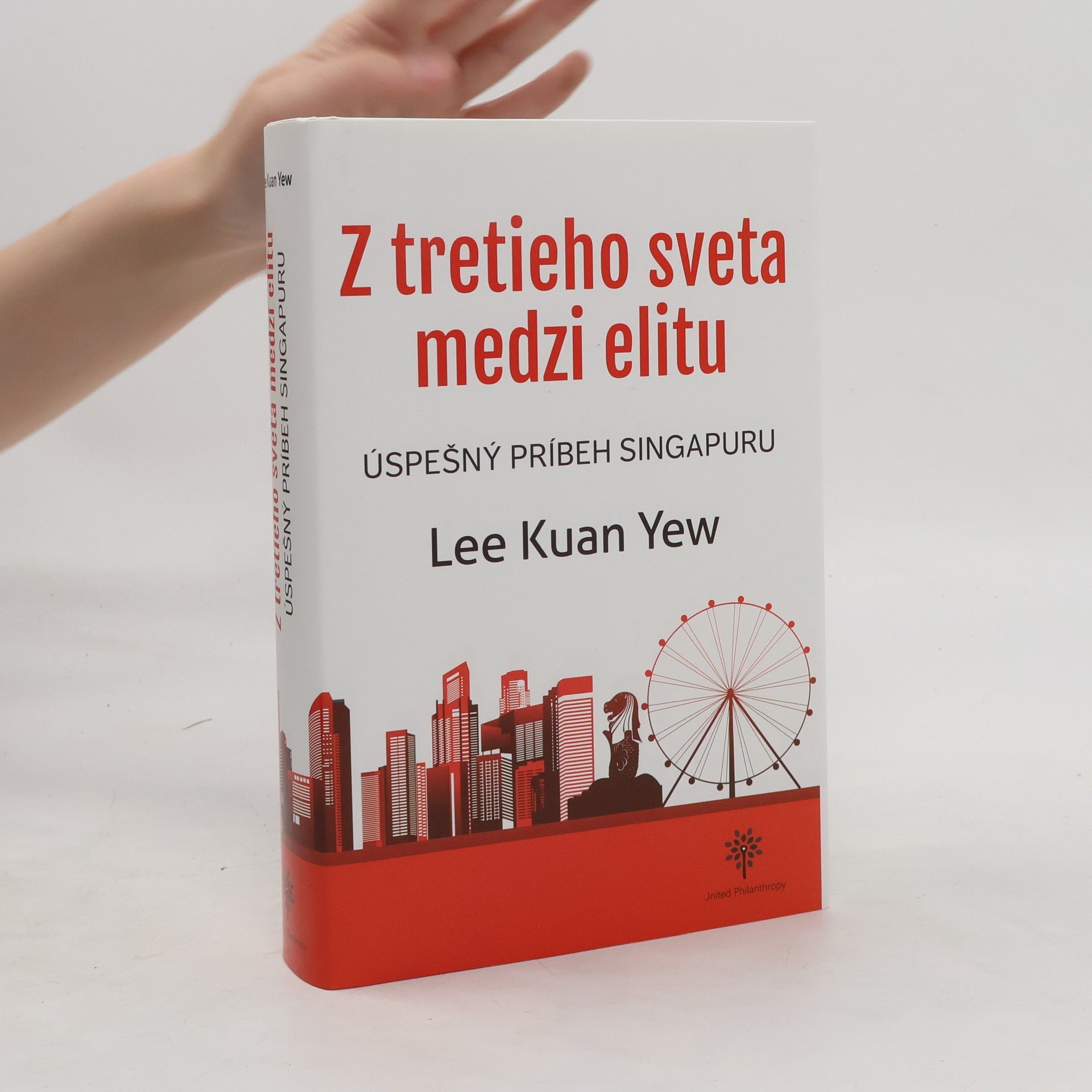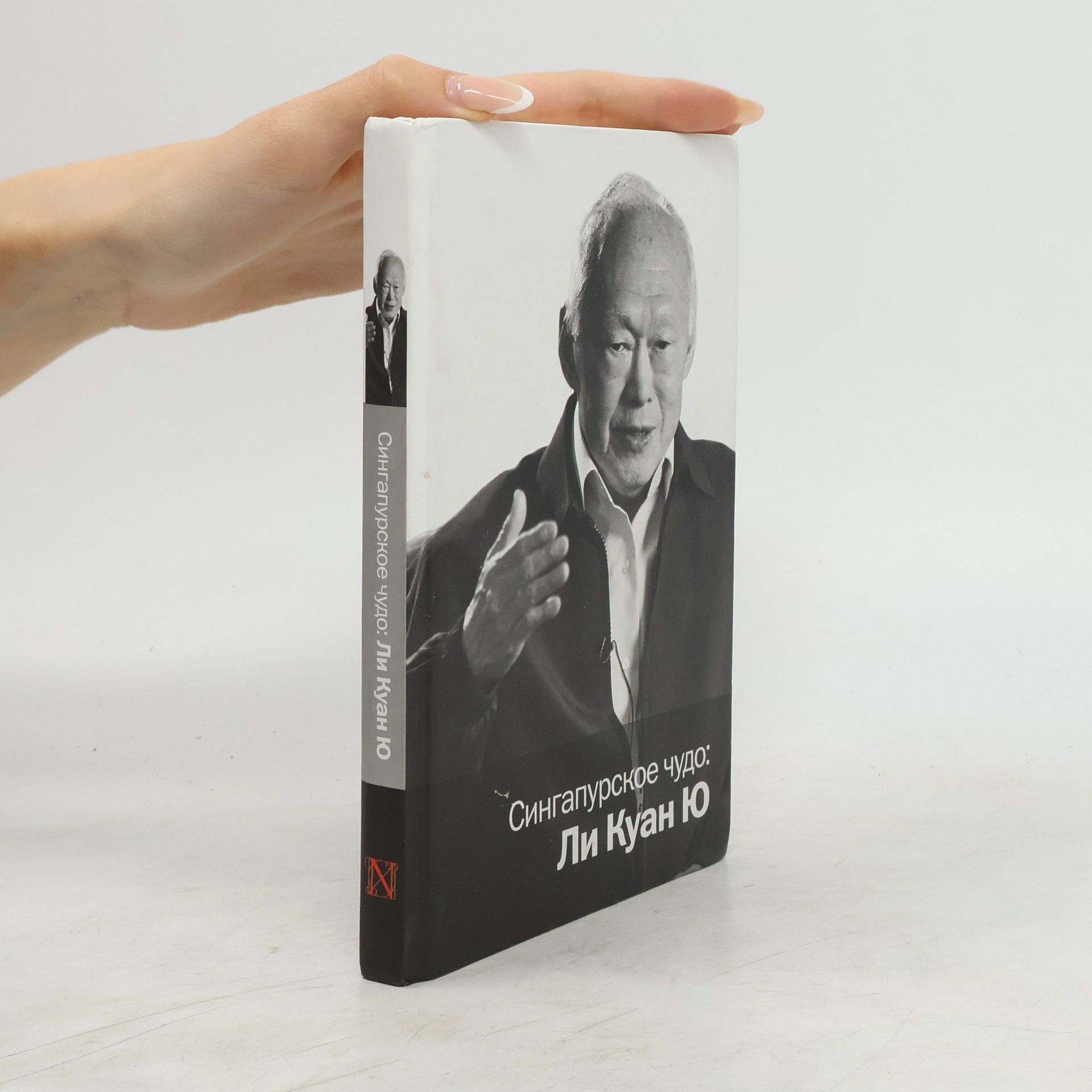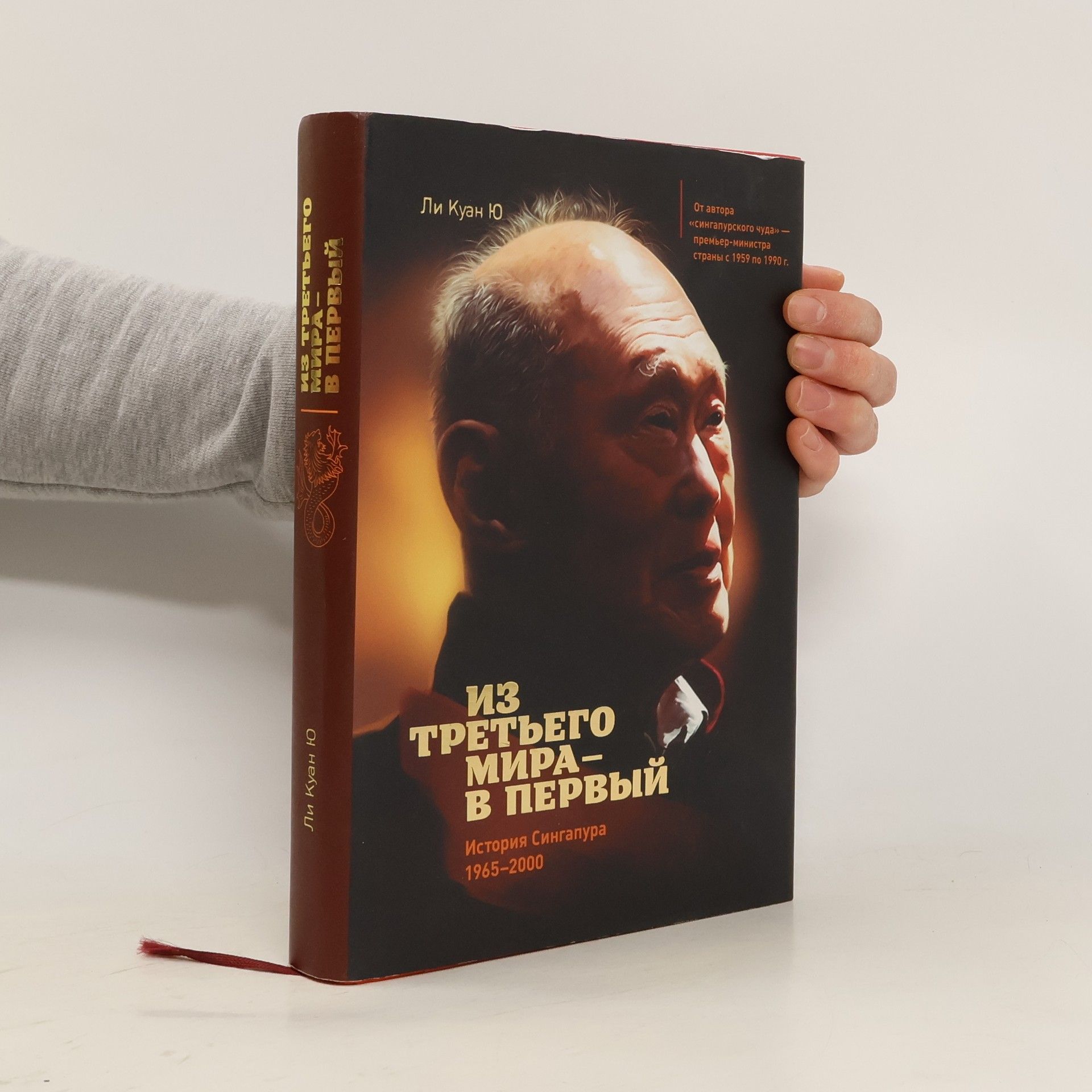Few believed tiny Singapore would thrive after gaining independence in 1965, yet it has transformed into a bustling metropolis with the world’s top airline, best airport, busiest port, and fourth-highest per capita income. This remarkable change is narrated by Lee Kuan Yew, Singapore's founding father, who rose from a backdrop of colonialism, war devastation, and poverty. Through meticulous notes and unpublished records, Lee recounts the extraordinary efforts required to ensure the survival of this island city-state. He details how he and his cabinet dismantled the communist threat and embarked on nation-building, including constructing essential infrastructure, creating a unified army from a divided populace, eradicating colonial corruption, providing public housing, and establishing a national airline. Lee candidly discusses his political strategies and unorthodox views on democracy and human rights, always prioritizing correctness over political correctness. His influence is evident in Singapore's safe, orderly environment, which he proudly claims as a "nanny state." Beyond domestic affairs, Lee provides insightful analyses of global strategic issues and shares candid portraits of political figures like Margaret Thatcher and Ronald Reagan. He also reflects on his family life, particularly his partnership with his wife, Kwa Geok Choo, and their pride in their children. For over three decades, Lee has been a pivotal figure in
Kuan Yew Lee Livres
Cet auteur se concentre sur des transformations politiques et économiques complexes. Ses œuvres examinent souvent les défis de la modernisation et de la construction nationale. Il écrit avec une compréhension aiguë des dynamiques de pouvoir et de l'influence des tendances mondiales sur les sociétés locales. Son travail offre des leçons en matière de leadership stratégique et de planification à long terme dans l'administration publique.


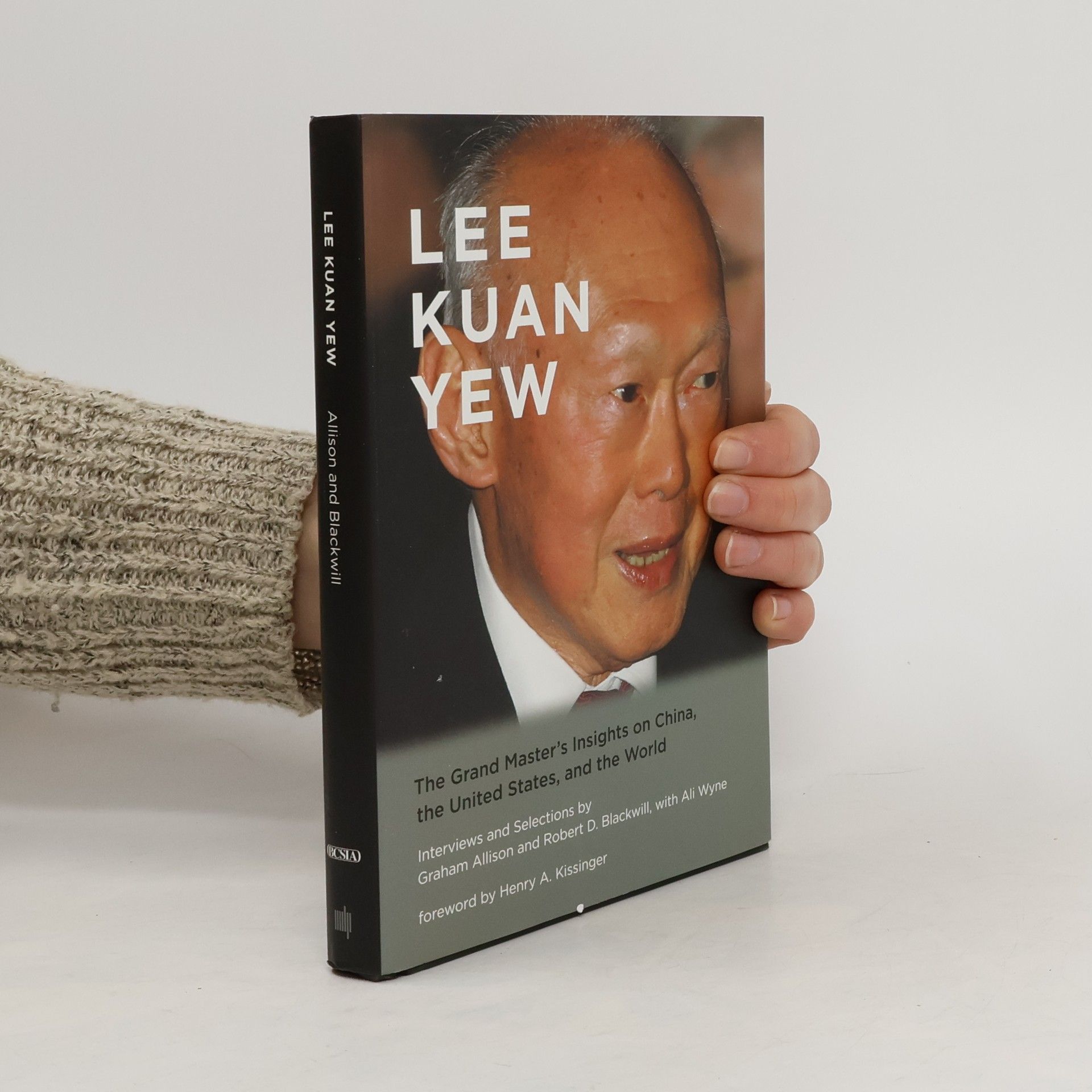
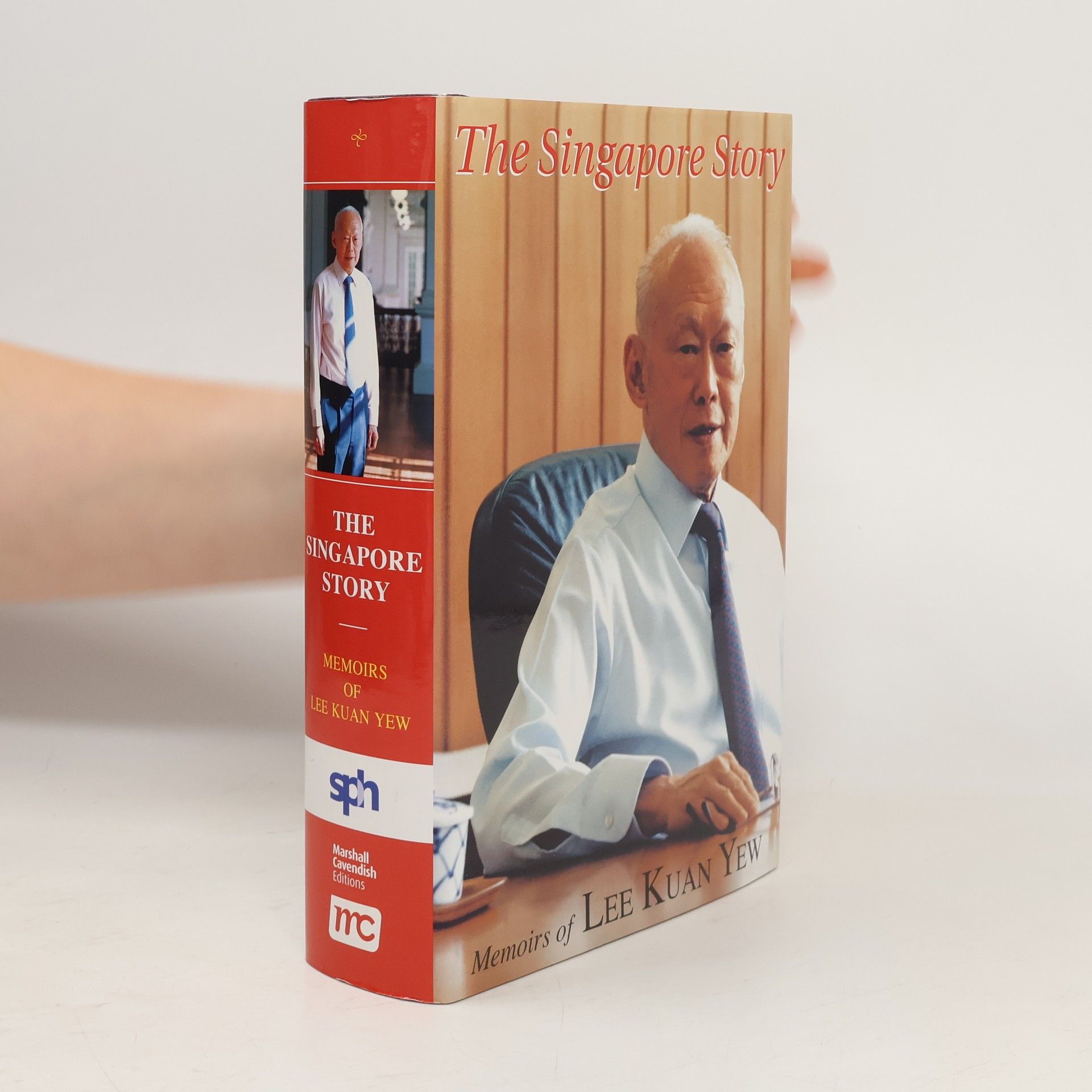
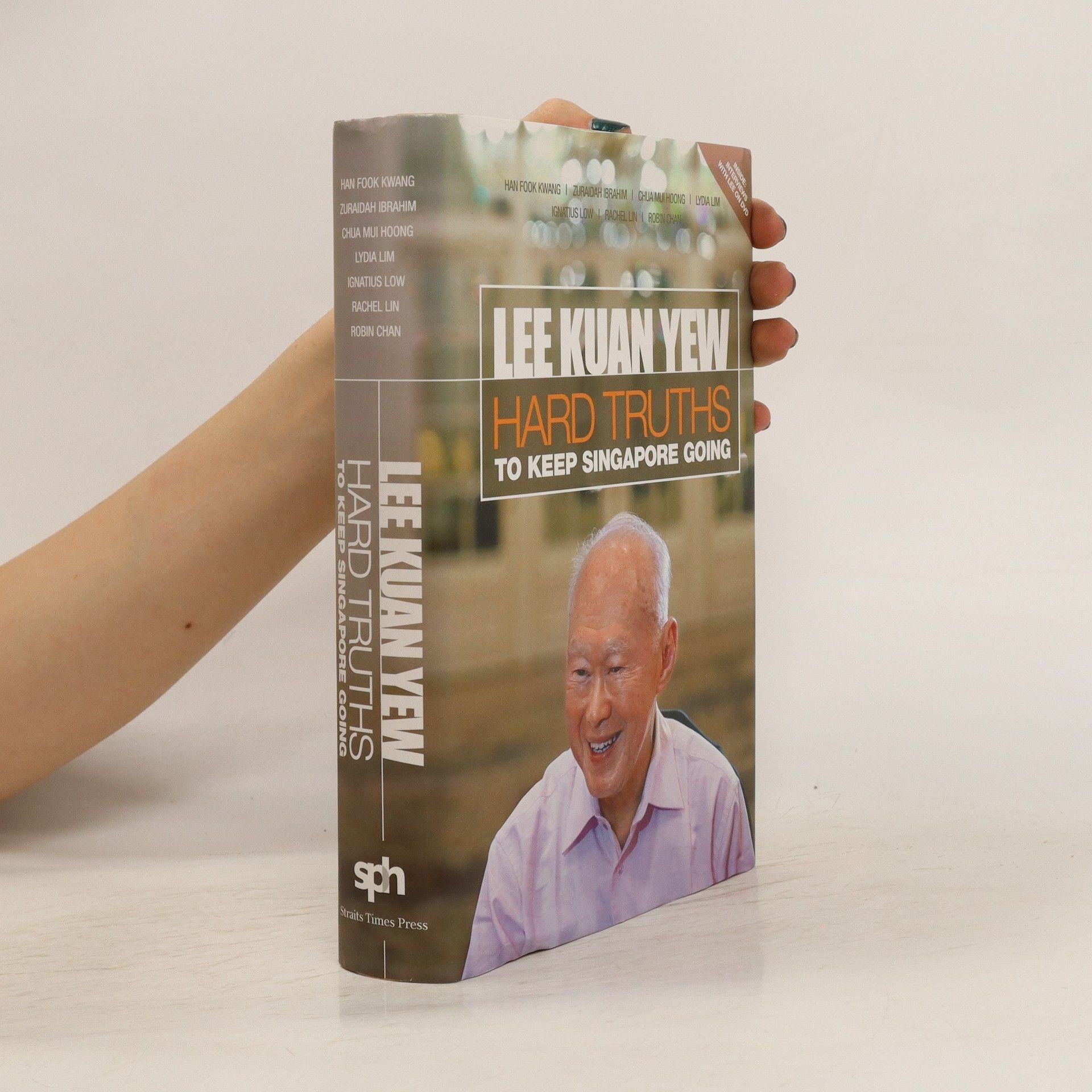

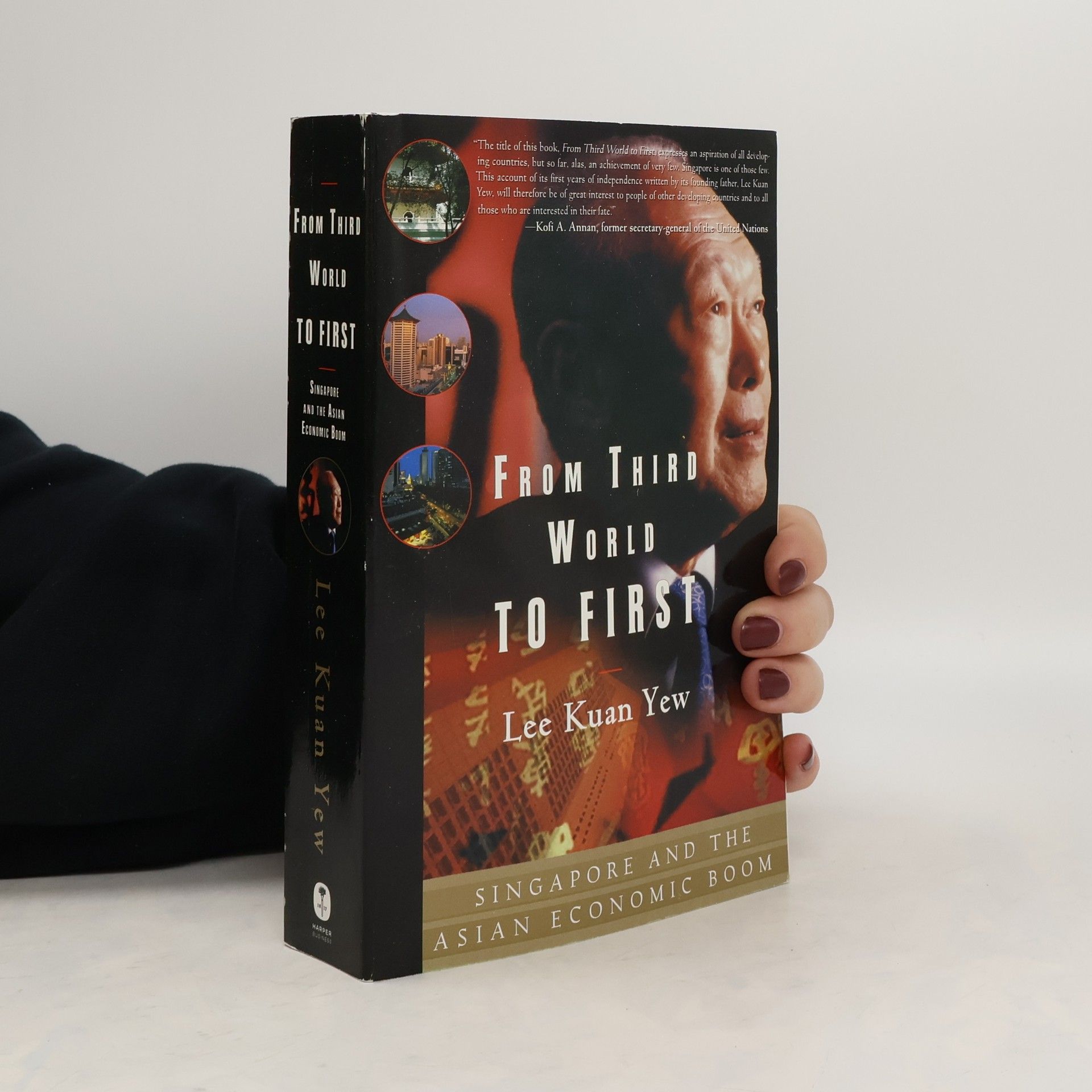
"Few gave tiny Singapore much chance of survival when it was granted independence in 1965. How is it, then, that today the former British colonial trading post is a thriving Asian metropolis?" "The story of that transformation is told here by Lee Kuan Yew. Rising from a legacy of divisive colonialism, the devastation of the Second World War, and general poverty and disorder following the withdrawal of foreign forces, Singapore now is hailed as a city of the future. This history is recounted by the man who not only lived through it all but who forged ahead and brought about most of these changes." "Delving into his own notes, as well as previously unpublished government papers and official records, Lee details the extraordinary efforts it took for an island city-state in Southeast Asia to survive at that time."--Jacket
Lee Kuan Yew is Singapore's most influential son but he is not without his critics. He has not flinched from taking them on, even now after almost 60 years in the political fray. Why is Lee so hard on his political opponents? Could the People's Action Party ever lose its grip on power? Are the younger leaders up to the mark? Will growing religiosity change Singapore for the better of worse? How will rising giants China and India affect Singapore's fortunes? Lee, fields these issues and many other questions as he covers the terrain of the past and contemplates the expanse of the future for tis iland nation that he and his foundin generation uilt on the hopes of a people.
A respected former prime minister of Singapore discusses Islamic terrorism; economic growth; democracy; the welfare state; education; the free market; the roles of the United States, China and India in world politics; and much more.
The Papers of Lee Kuan Yew: Speeches, Interviews and Dialogues (1950-1990)
- 10pages
- 1 heure de lecture
In 2011, Gale Asia published, to wide critical acclaim, the first ten volumes of The Papers of Lee Kuan Yew: Speeches, Interviews and Dialogues, a compilation of four decades (1950-1990) of speeches, interviews and press conference presentations delivered by the founding father of modern Singapore during her formative years to her rise to prominence as an Asian Tiger. Now we are proud to present its continuation, The Papers of Lee Kuan Yew: Speeches, Interviews and Dialogues (1990-2011). These new volumes cover Lee Kuan Yew's tenures as senior minister and minister mentor, starting with Lee's interview with Nippon Hoso Kyokai (NHK) on 18 December 1990 and ending with his speech at NTUC's 50th anniversary dinner on 13 May 2011, chronicling Lee's political statements and thoughts as the nation went through significant changes and crises, such as the Asian financial crisis of 1997, the SARS outbreak of 2003, and the intense fight against terrorism. Lee stepped down as minister mentor on 21 May 2011.
Z tretieho sveta medzi elitu: Úspešný príbeh Singapuru
- 656pages
- 23 heures de lecture
Dejiny moderného Singapuru sú priam učebnicovým príkladom amerického sna o úspechu. V roku 1965, keď tento mestský štát vyhlásil nezávislosť v rámci Malajzie, väčšina obyvateľov žila na pokraji chudoby, v chatrčiach bez sociálnych zariadení. Len málokto mal vtedy odvahu predvídať, že za necelé dve generácie sa ocitne v prvej trojke krajín s najvyšším podielom HDP na obyvateľa na svete, s mimoriadne rozvinutou a sofistikovanou infraštruktúrou, vlastným výrobným high-tech sektorom a dopravnými službami na najvyššej svetovej úrovni. Zakladateľom a motorom tejto nevídanej politickej, spoločenskej a ekonomickej transformácie na metropolu budúcnosti bol dlhoročný charizmatický singapurský premiér Lee Kuan Yew, ktorý vo svojej knihe politických spomienok Z tretieho sveta medzi elitu mimoriadne pútavo opisuje často tŕnistú cestu Singapuru k úspechu. V rasovo, jazykovo a kultúrne zmiešanej spoločnosti presadil meritokratický model spoločnosti, vybudoval hrádzu proti rozpínajúcemu sa komunizmu, pritiahol zahraničných investorov, vybudoval jedno z najsilnejších finančných svetových centier. Jeho predstava vlády zákona však narážala na odlišné predstavy o slobode tlače a niektorých ďalších demokratických mechanizmov, ktoré tvoria kostru západných demokracií.
Из третьего мира – в первый
История Сингапура 1965–2000
